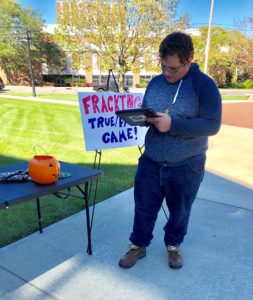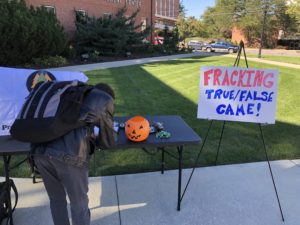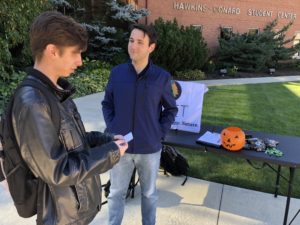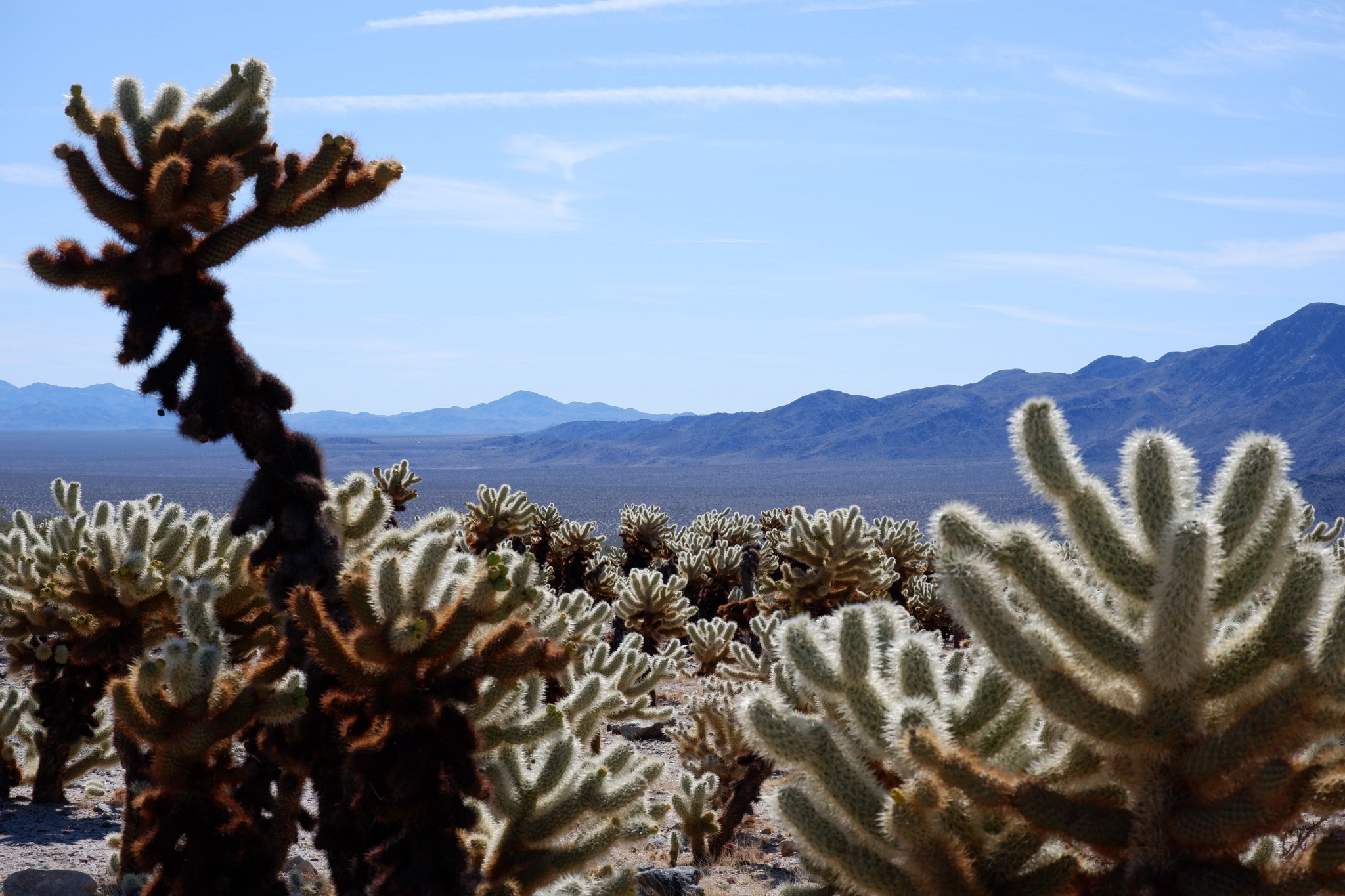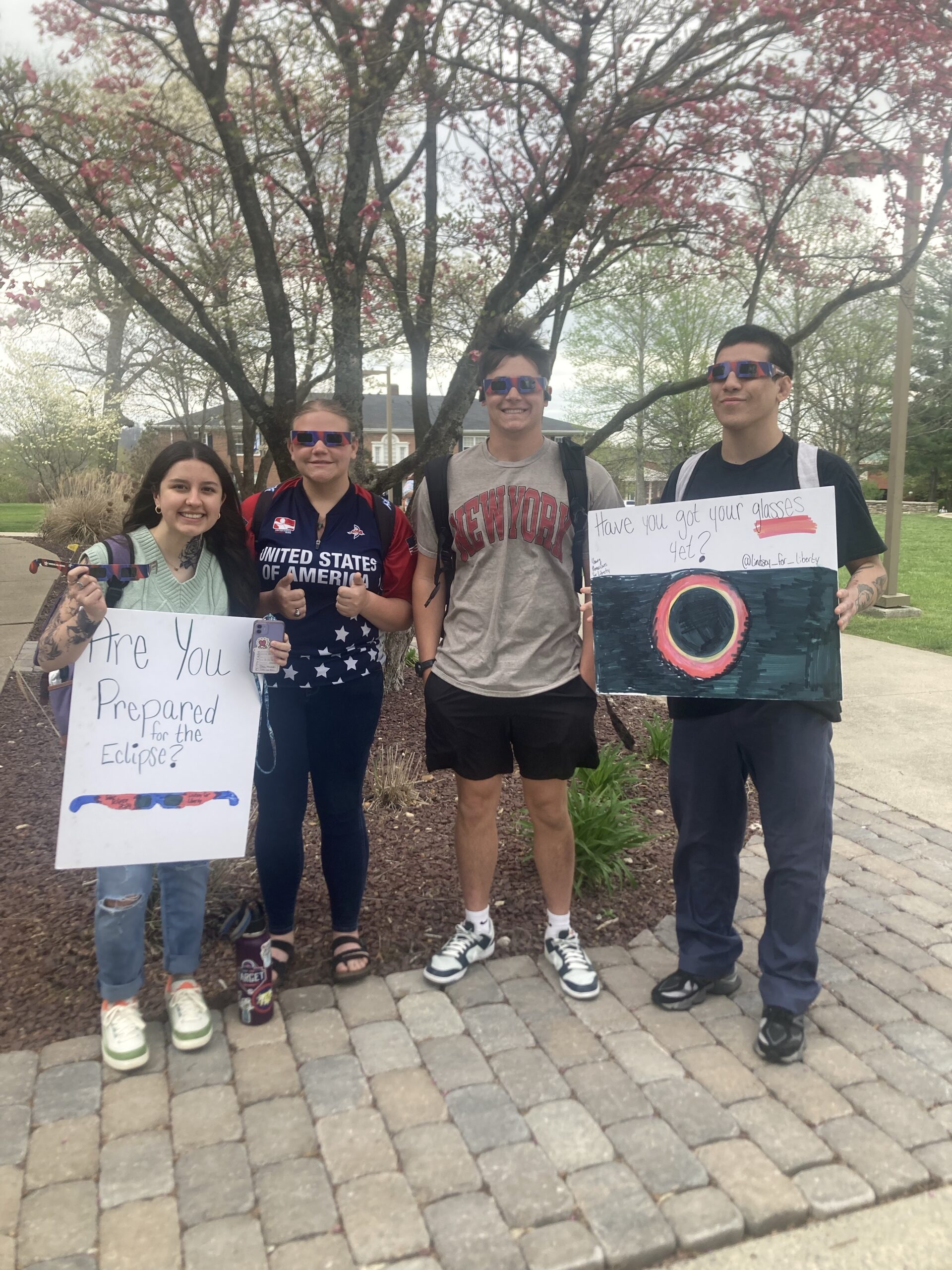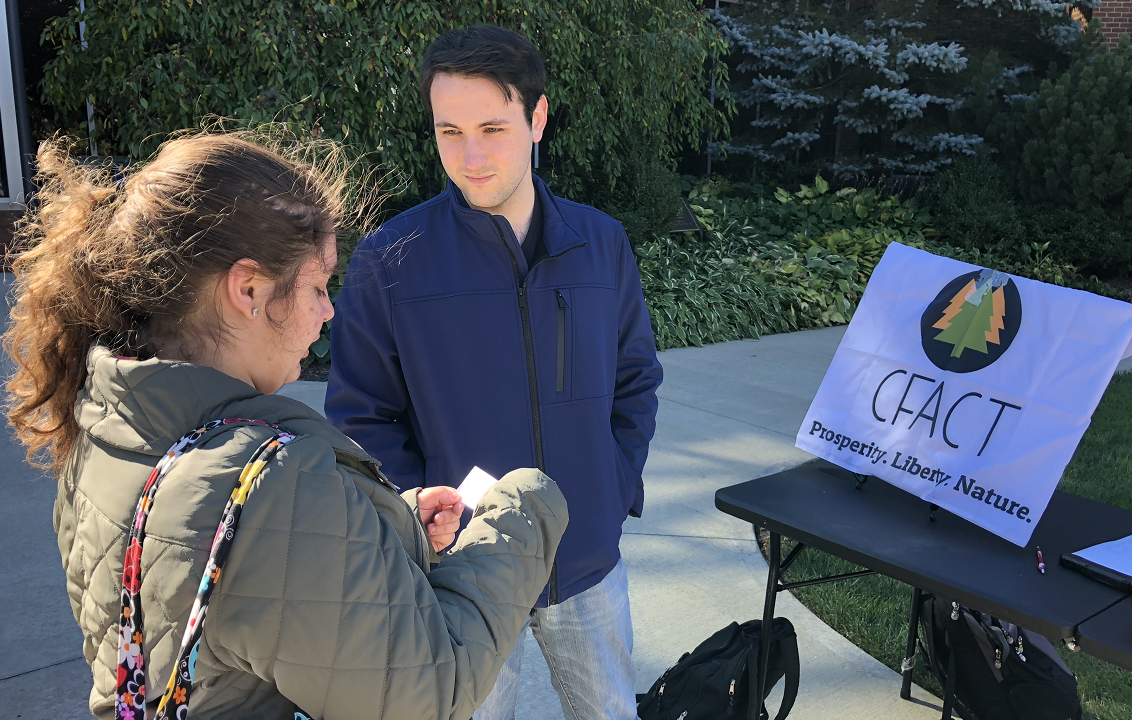
You May Also Like
April 18, 2024|BY Greg NeffDriessen Fellow Organizes Nature Photo Contest at Old Dominion University
Old Dominion University student and CFACT Driessen Fellow Jamahl Evans organized an event to get...
April 18, 2024|BY Greg NeffDriessen Fellows Addresses Government EV Charger Mandates
Driessen Fellows have become well known for getting involved in their vocal activism but also...
April 12, 2024|BY Greg NeffDriessen Fellows Use the Eclipse to Promote Climate Realism
This week, America saw a total solar eclipse cut across a large swath of the nation, getting the...
Recent Posts
- Driessen Fellow Organizes Nature Photo Contest at Old Dominion University
- Driessen Fellows Addresses Government EV Charger Mandates
- Driessen Fellows Use the Eclipse to Promote Climate Realism
- Driessen Fellows Defends Capitalism
- CFACT Kingfishers Against Windmills Event is a Home Run at University of Illinois
